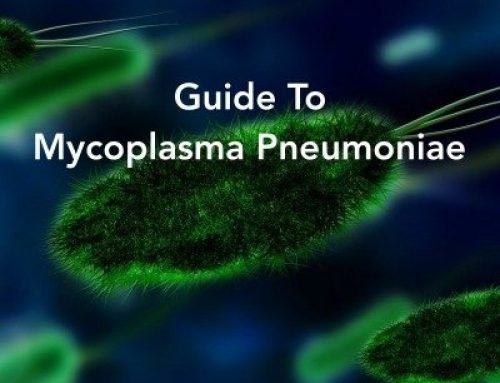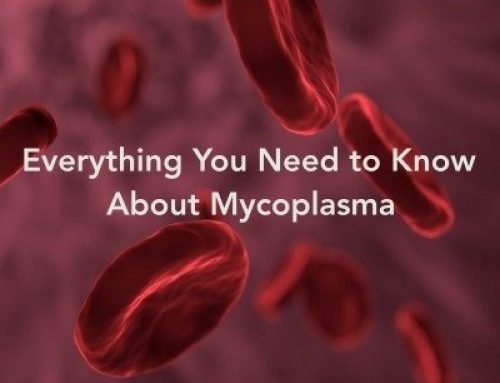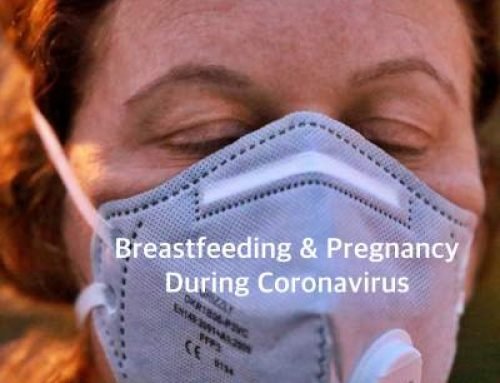ADHD is short for Attention deficit hyperactivity disorder, a complex disorder which happens in children and teens and it may also continue during adulthood. According to Web Md, this is one of the most common mental disorders diagnosed in children who are hyperactive and unable to balance their impulses or find it difficult to pay attention. Unfortunately, these behaviors prevent them from leading a normal home and school life.
When it comes to this disorder, it is important to mention that it may happen in both genders, although it is more common in boys. Adults that have ADHD often have difficulty managing their time, setting goals, keeping a job, and being organized. Other issues that may also arise are relationship problems, lack of self-esteem, and addiction.
To increase the awareness about this common mental health disorder in children, this article will be focused on exploring its symptoms and available treatment options.
ADHD Explained
All parents should know that even though it is normal for children forget homework from time to time or to daydream at class or act without thinking, constant impulsivity, hyperactivity, and poor attention are not and they may be a sign of ADHD, as emphasized on Help Guide. In order to be able to get the needed help, it is of pivotal importance to understand its main symptoms through which it is characterized.
In most cases, the symptoms will be noticeable prior to the age of seven although it may often be challenging to make a distinction between what is considered to be normal children behavior and ADHD. If you notice the symptoms only in specific situations or only several of them, it may not be ADHD. However, if they are omnipresent, i.e. in school, at home, during play time, etc. it means that it is time to find an adequate solution.
The Main Symptoms of ADHD in Children
1. Poor focus
A child who has ADHD may be unable to pay attention, even when they are being spoken to directly. Although they may say that they have heard what you have said, they cannot repeat it.
2. Prone to mistakes
Kids with this mental disorder find it challenging to follow instructions that demand planning or to execute a plan, which may often cause them to make mistakes. However, this does not mean that they are laze or unintelligent.
3. Poor organization capacity
They cannot keep up with tasks and activities in schools as they cannot prioritize and organize their projects, assignments, and homework.
4. They are forgetful
Forgetting to do their chores or school-related assignments and losing things like toys is not uncommon among children with ADHD.
5. Focused only on themselves
Often times, ADHD children are incapable of recognizing the needs and desires of other people which may also lead to inability to wait for their turn and constantly interrupting others.
6. Emotionally disturbed
Kids with ADHD cannot control their emotions so they may have frequent anger outbursts at inappropriate times as well as temper tantrums in younger ones.
7. Loud and fidgety
These children are unable to sit still and are often fidgety, run around, squirm when told to sit down and they are also unable to play quietly or enjoy relaxed activities.
8. Daydreaming
A child that has ADHD is not necessarily loud and overly energetic; it can also be the quiet type who has a tendency to be on his/her own, stare into space and daydream and completely turn off from what is happening around them.
9. Avoid tasks that require mental efforts
Children who have ADHD lack focus and therefore, have the tendency to not engage in tasks and activities that demand mental effort, for example, doing their homework or listening to the teacher while giving a lecture.
10. Unable to complete tasks
Even though they may be interested in numerous things, children with ADHD are unable to finish them, including chores, homework, and other projects. As soon as something else catches their attention, they immediately leave the thing they were doing.
Symptoms of ADHD in Adults
As emphasized on Health Line, around half of the children who suffer from ADHD in childhood also continue carrying the symptoms into adult life. When not properly treated, ADHD may lead to a lot of mental and physical issues that can reduce their quality of life.
Therefore, adults who experience the following symptoms should get adequate treatment:
➢ Poor focus and concentration
➢ Hyperfocus (overly engaged in something and being completely unaware of other things happening around them)
➢ Lack of organizational skills and prioritizing tasks
➢ Inability to manage their time efficiently
➢ Impulsiveness
➢ Forgetfulness and carelessness
➢ Insufficient motivation
➢ Negative self-image
➢ Anxiousness
➢ Tiredness
➢ Overuse of substances such as tobacco, alcohol, and drugs
What Are the Causes of ADHD?
As seen on NHS, the underlying reason for ADHD is not yet known; however, what is known is that it runs in families and research suggests that the brains of people with ADHD are different than the brains of those who do not suffer from it.
There are also specific contributing factors that may elevate the risk of this mental disorder, including low weight at birth, born prematurely (prior to week 37), and alcohol, smoking or abuse of drugs by the mother during pregnancy. It is also worth mentioning that the disorder may happen in anyone, regardless of their intellectual capacity; however, it is more frequent in those who have learning problems.
Treatment Options for ADHD
The treatment for ADHD, according to NHS, may aid in reducing the strength of the symptoms and make the disorder less problematic for the person’s daily life. In most cases, a pediatrician or a psychiatrist ordains the treatment, which is often a combination of meds and therapy, as noted on NHS. Though the over-the-counter meds prescribed for this disorder are not a remedy for ADHD, they can lower the impulsiveness, better the focus and concentration, calm the patient down, and help them learn or practice skills.
Therapies are considered to be beneficial in addition to the medication treatment in helping children, teenagers, and adults who have ADHD. This is also a crucial step in addressing other accompanying issues like anxiety or poor conduct. Some of the therapies are psychoeducation, behavior therapy, parent training, education programs, cognitive-behavioral therapy, and social skill training.
Some experts also recommend ADHD patients to make certain changes in their diet, i.e. to exclude any foods that may be worsening the symptoms or to take some supplements like omega-3s and -6s, of course, only in consultation with their doctor/s.
ADHD’s Positive Side
According to Help Guide, this condition has its positive sides too, including high creativity and imagination, enthusiasm, flexibility, spontaneity, drive, and energy. And, it is pivotal to note that ADHD is in no way related to the person’s intelligence and talents and a lot of children who have the disorder are gifted, intellectually and artistically.




Leave A Comment